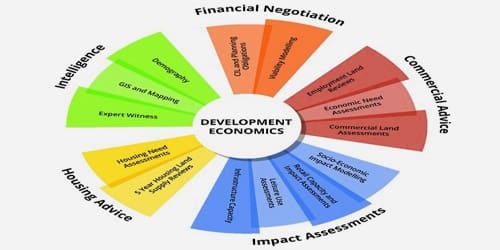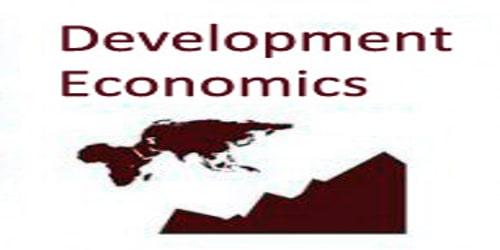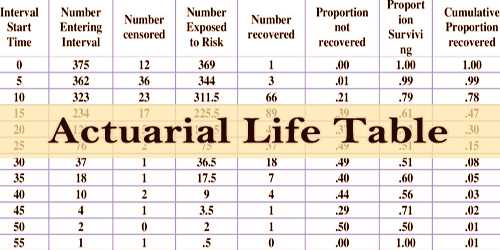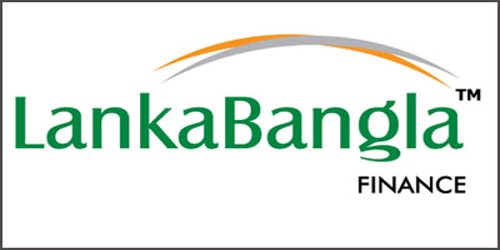About Development Economics
Development economics is a branch of economics that focuses on improving fiscal, economic and social conditions in developing countries. The discipline aims at establishing strategies that apply to different developing countries depending on their unique social, political, and economic factors. Development economics considers factors such as health, education, working conditions, domestic and international policies, and market conditions.
Development economics also explores the unique challenges that face developing nations thus helps in the analysis of the opportunities available in these nations and how they can be applied. Development economics makes use of economic theory, econometric methods, political science, and demographics in its approaches.
Many factors that are outside pure microecomics hinder economic development: A developing country may have a low literacy, or a high infant mortality. A plan to improve economic development in such a country therefore also needs to provide a solution to these problems (which are not economic ones).

Development economics is often applied to efforts aimed at poverty eradication, achieving millennium development goals (MDGs) set by the United Nations (UN), democratic governance, sustainable environment and energy policies, and crisis prevention and recovery.
Some aspects of development economics include determining to what extent rapid population growth helps or hinders development; the structural transformation of economies; the role of education and health care in development; international trade and globalization; sustainable development; and the effect of epidemics, like HIV and AIDS, and catastrophes on economic and human development.
Development economics is applied in the development of strategies that are aimed at improving the economic status of developing nations. It offers a more comprehensive view and understanding of economic, political, and social impacts, as well as of influences on the economic state of a country.
The measures used in quantifying the progress of economic development have been criticized for their failure to include smaller, yet significantly important economic activities, such as housekeeping and home building, that are not listed in financial transactions.
The most important and significant aspect of development economic is the realization that economic development strategies to be applied are not to be found in predefined formulas, but differ according to the political, economic, and social factors affecting any given economy. This realization is important in the development of tailored growth strategies that will best serve the economy in question.
Information Source:
















